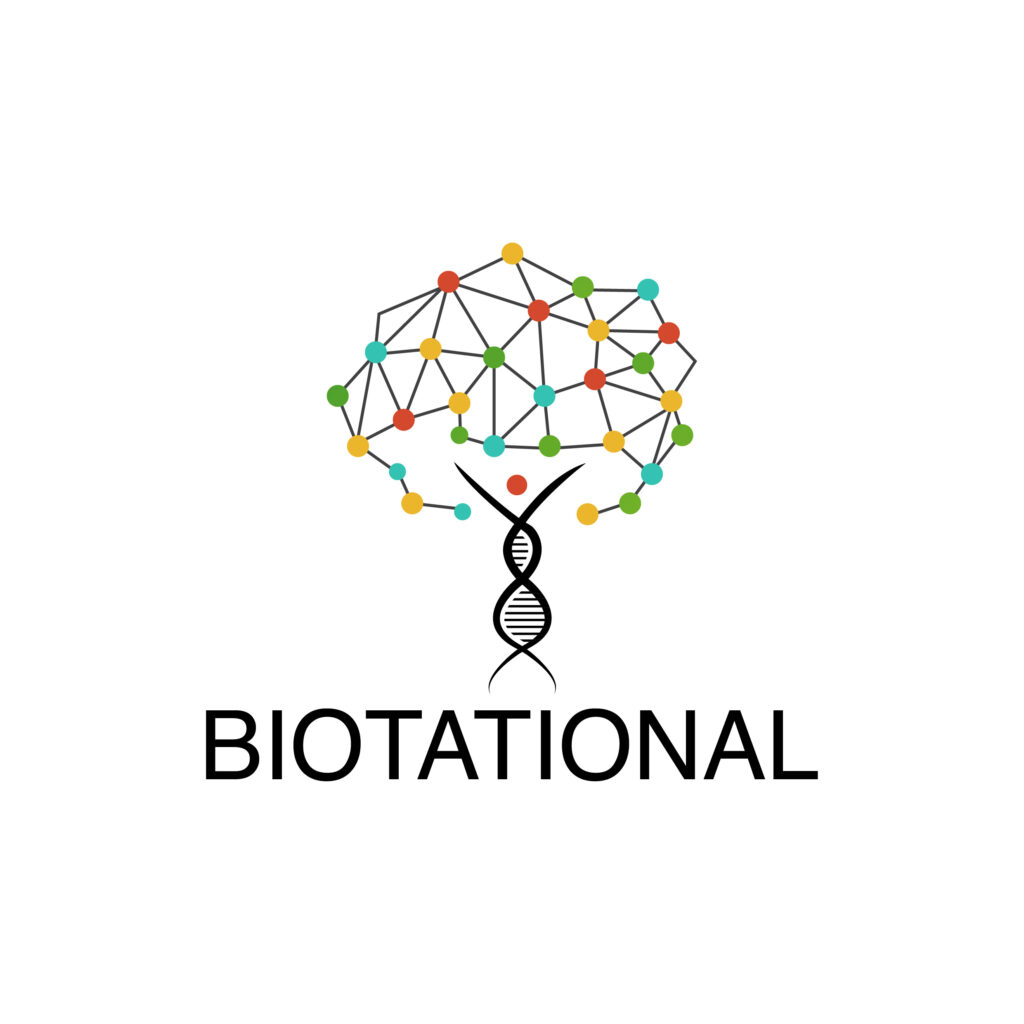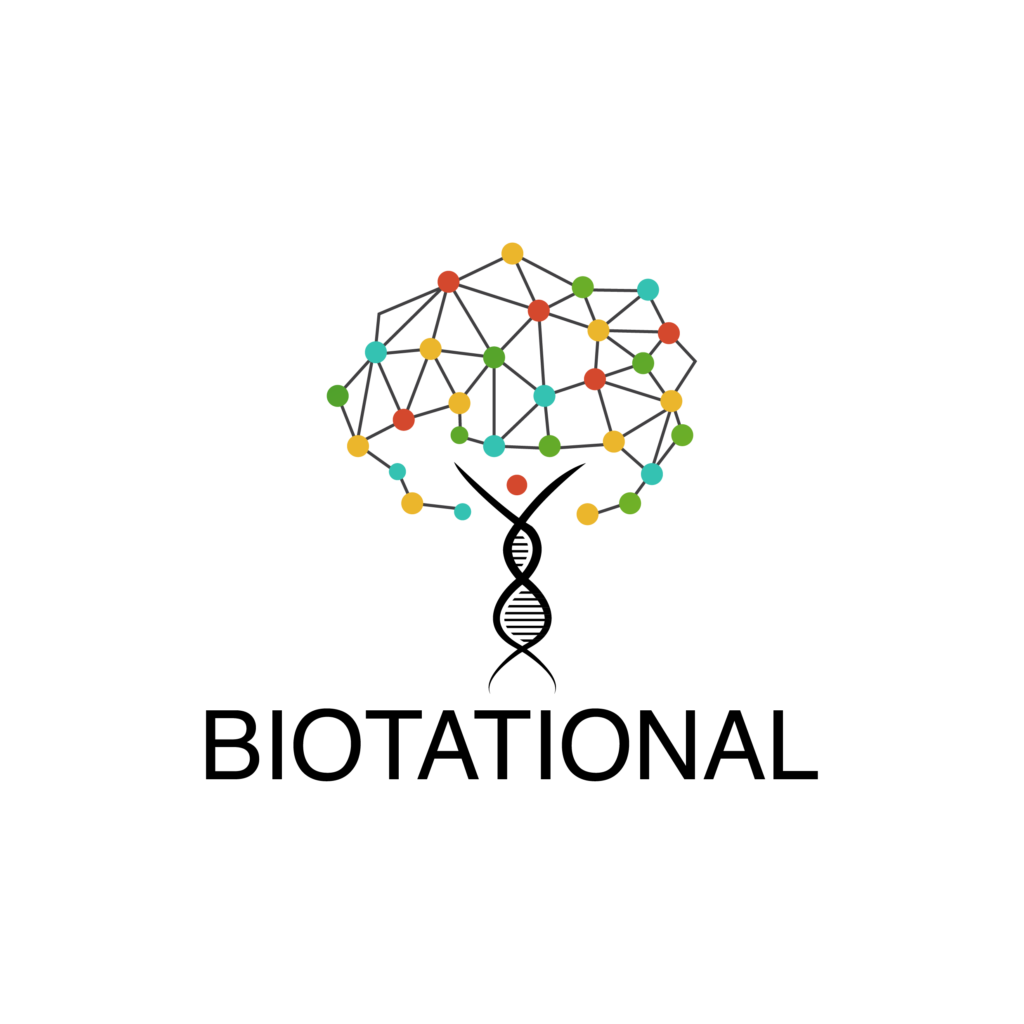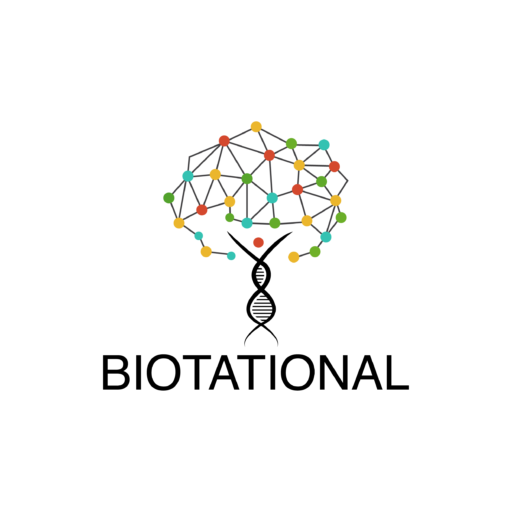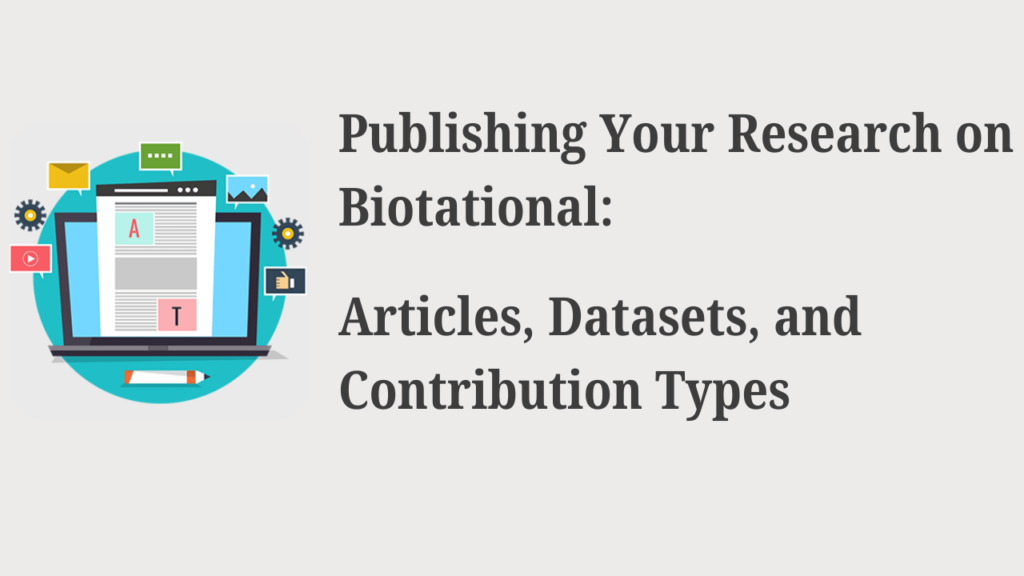Grabbing and holding people’s attention in the today’s digital world, where they are continuously scrolling, tapping, and swiping through content, is more difficult than ever
Author Archives: Biotational
Computational science is rapidly becoming one of the most transformative disciplines of the 21st century, driving progress in a wide array of fields. From climate modeling to genomics, and artificial intelligence to quantum computing, computational methods are reshaping the way scientists tackle complex problems. As the demand for data-driven solutions continues to grow, the global advancement of computational science promises to unlock unprecedented opportunities for research, innovation, and collaboration.
We are thrilled to announce the official launch of Biotational – your hub for open-access computational science! Whether you’re a student, researcher, academic, or industry professional, Biotational is here to transform how we share, collaborate, and innovate in this rapidly evolving interdisciplinary field. What is Biotational? Biotational is an online platform designed to bridge the
At Biotational, we empower researchers, students, and professionals by providing a platform to share their work and contribute to the advancement of computational science. Whether you’re submitting an article or a dataset, Biotational offers flexible publishing options designed to suit your needs. Here’s an explanation of how contributions work, the difference between General and Open



